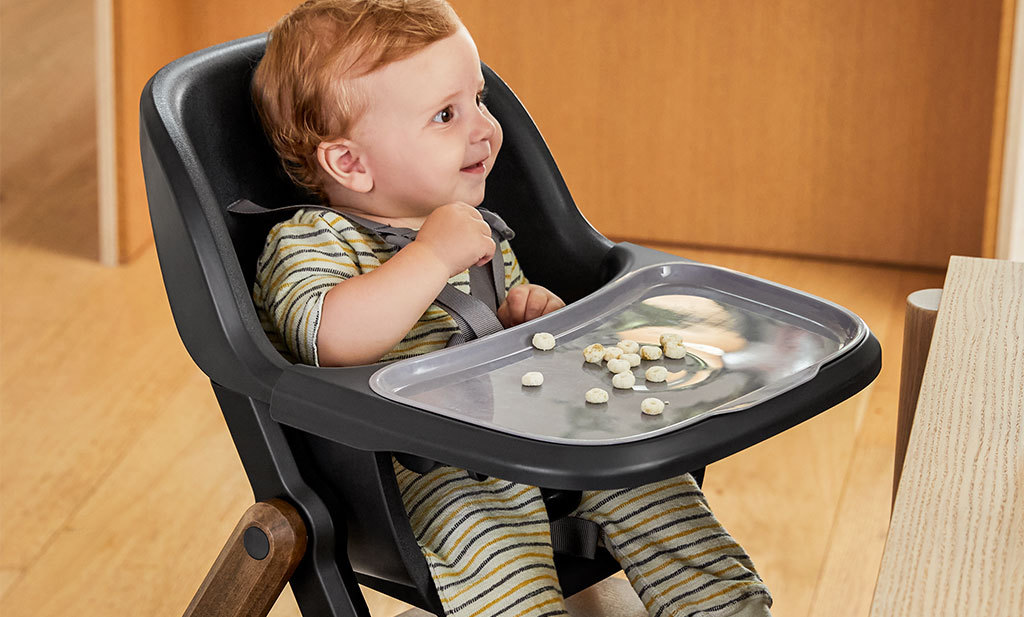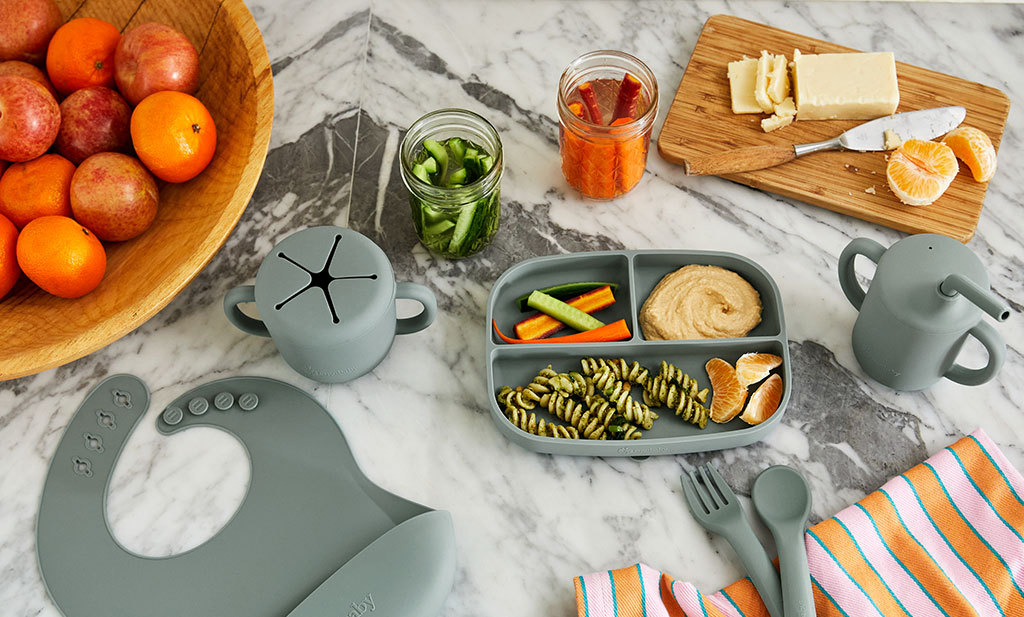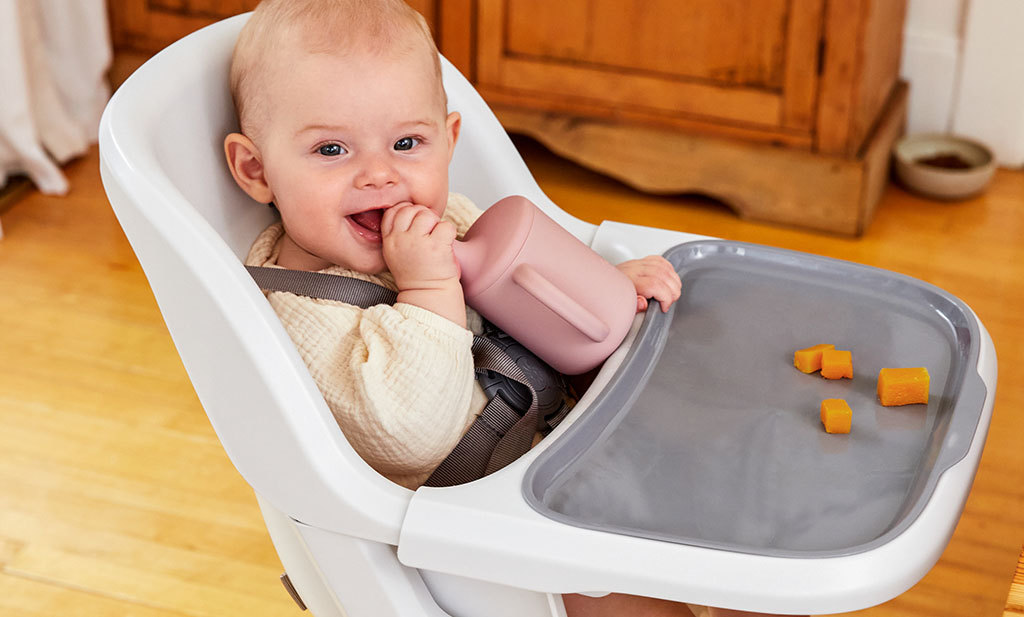
Introducing solids to your baby is an exciting milestone, but it is very important to pay attention to allergens and to offer them to baby in the best way. By paying attention to these foods, you will be able to act effectively if baby is indeed allergic and adapt his diet accordingly.
What are the different allergens for babies?
There are 14 allergenic foods that you should be aware of when your baby is introduced to solid food. Among these we can find fairly basic products such as eggs, fish, shellfish, nuts (almonds, hazelnuts, etc.), celery, mustard, milk, soya, lupines (a legume), sesame and molluscs. There are also product components such as gluten (wheat, rye, barley, oats), peanuts and sulphites (food additives).
In order to be able to identify these different allergens in manufactured products, they are written on the labels in an emphasised way such as being in bold, capital letters or contrasting colours. Pay attention to them!

What are the symptoms of an allergic reaction?
It is very important to be able to recognise allergic reactions in order to be able to react quickly and adapt your baby’s diet. But what reactions should you expect?
Your baby may react mildly with vomiting, diarrhoea, red patches, hives, rashes or a sudden change in behaviour. Other symptoms are more severe, such as asthma, swollen throat or lips, or difficulty breathing.
An allergic reaction usually occurs 30 minutes after eating the allergenic food. However, sometimes it can happen after a few hours or even days. Make sure you stay alert and watch out for the slightest signs.
If in doubt, don’t wait contact a doctor!
How do you introduce allergy foods to babies?
Whether you are baby-led weaning, spoon-feeding or a combination of both, it is worth introducing allergens into the baby’s diet from the start. This is true even if there is a history of allergies in the baby’s family. The early introduction of allergens before the baby is 1 year old reduces the risk of developing a possible food allergy which has been proven by recent studies.
There are a few rules to follow to ensure that everything goes well for baby and to avoid those stressful moments for parents/caregivers.
Allergens should be offered to baby one at a time for three days in a row.
By introducing baby to only one allergen, it is easier to find the problem food if an allergic reaction occurs. Baby will need to be exposed to an allergenic food at least twice before the antibodies can create a reaction. This is why the three-day rule applies.

No allergic reaction in sight? Then you can now include the allergen in baby’s diet
In terms of quantity, baby just needs to be in contact with the potential allergen, a small amount of the food will suffice. It is possible to offer it alone to baby, to mix it with another food that is not an allergen or in a recipe if there are no other allergens or if they are already good for baby.
With all this valuable advice, you can easily introduce allergens into your baby’s diet and embark on this new adventure with peace of mind!
Don’t forget to remain vigilant and watch out for the slightest signs of allergic reactions and call your doctor or health professional if needed.
If you enjoyed this blog and would like to know more about introducing food to babies in particular baby-led weaning please like and follow weaning expert Lola on her Instagram page @dme.bebe, or find more information at: https://dme-bebe.com/




